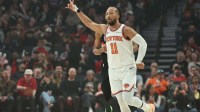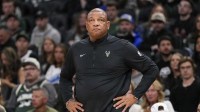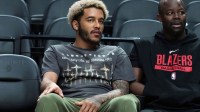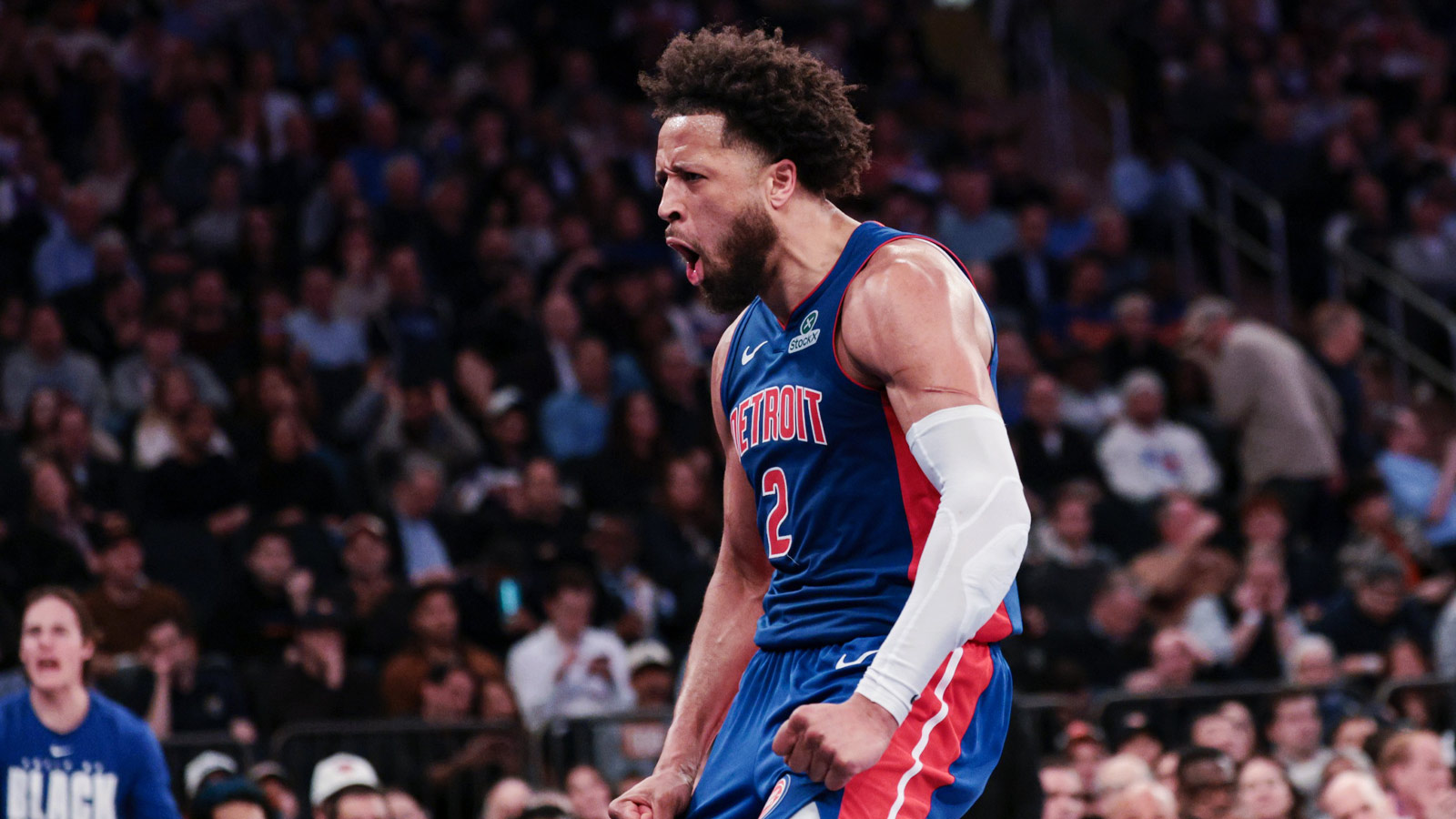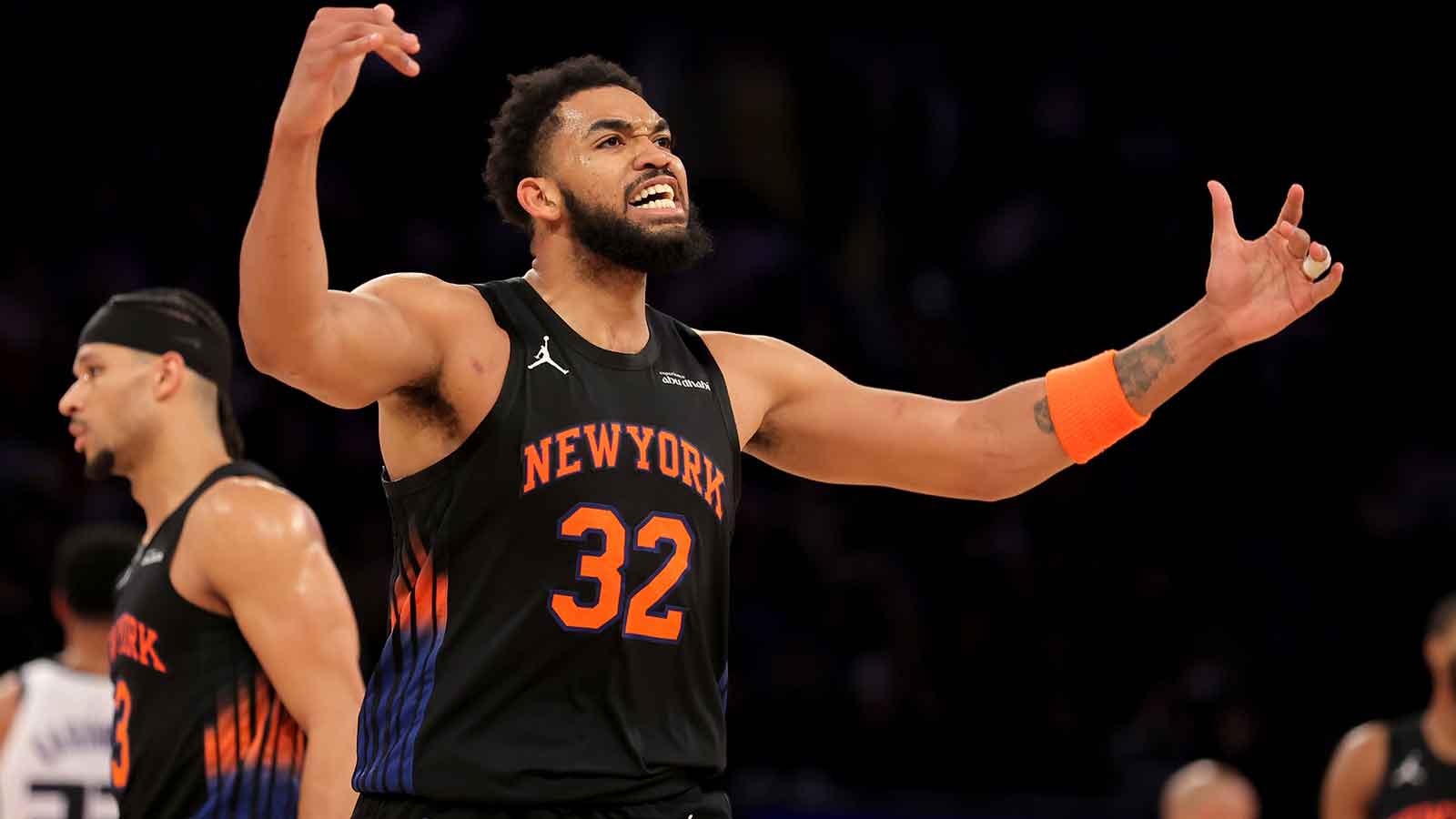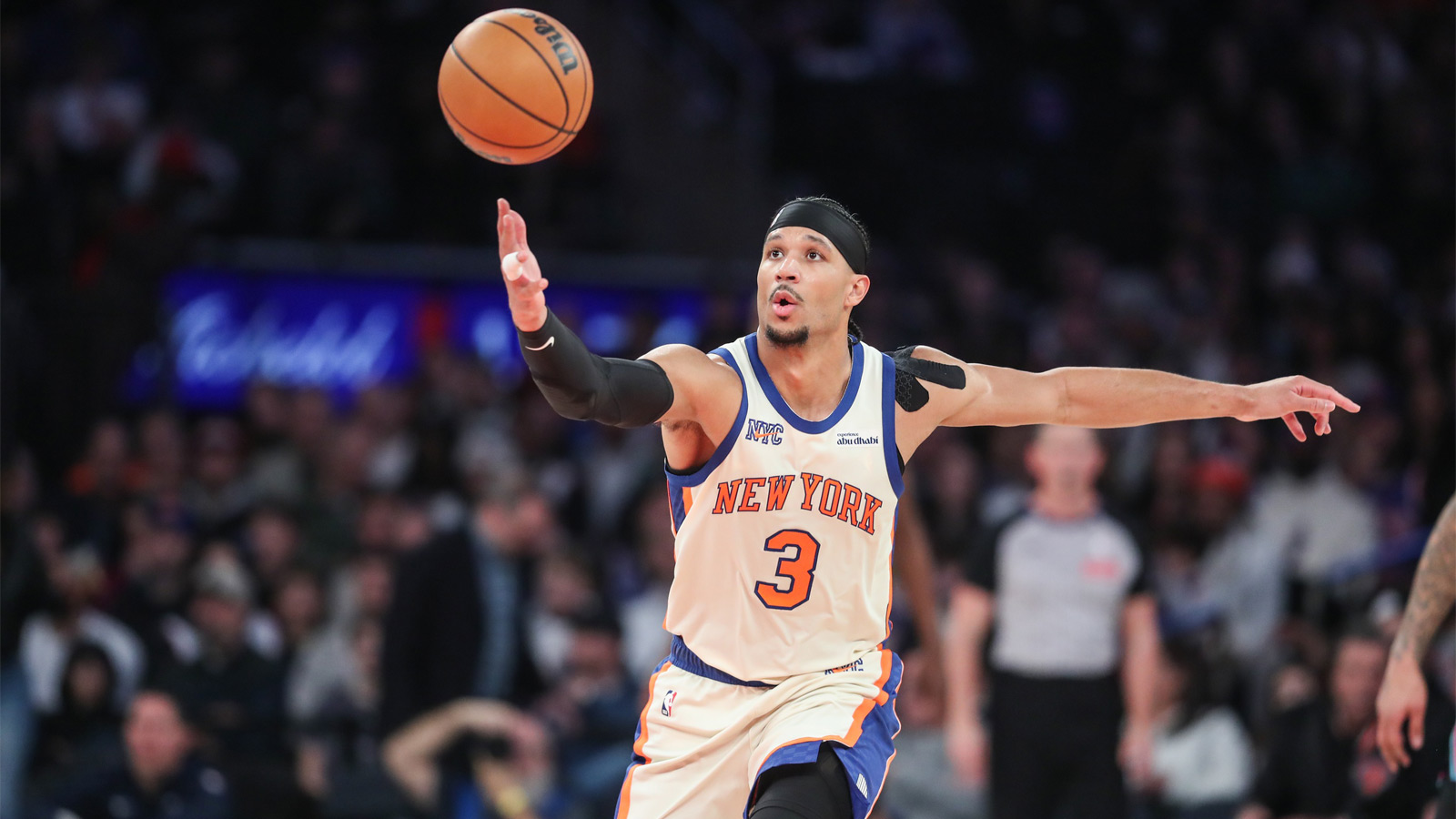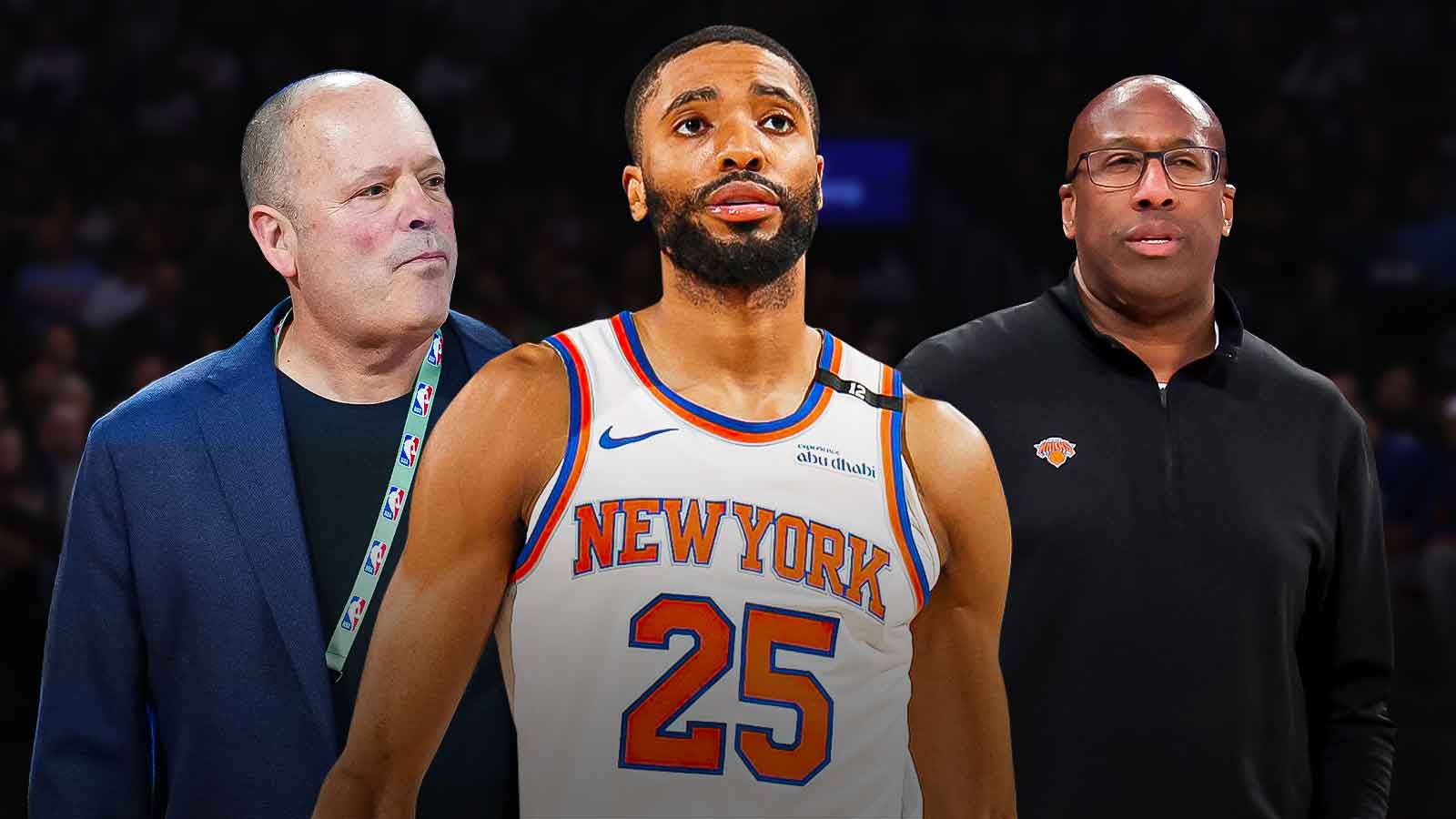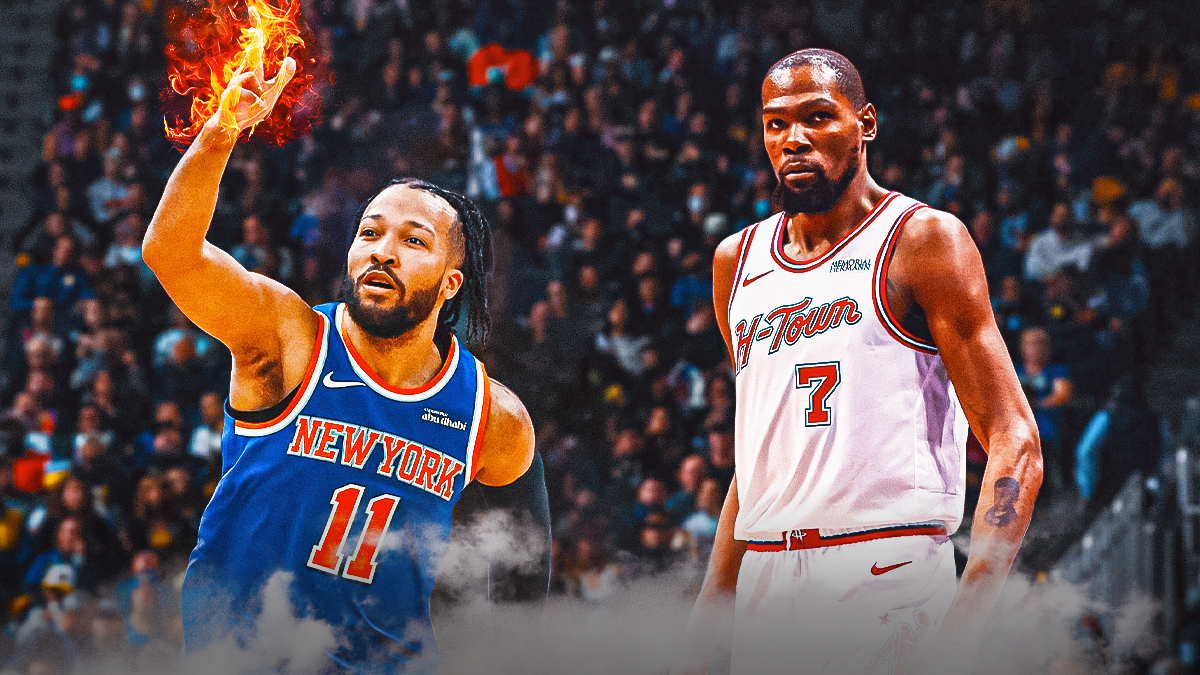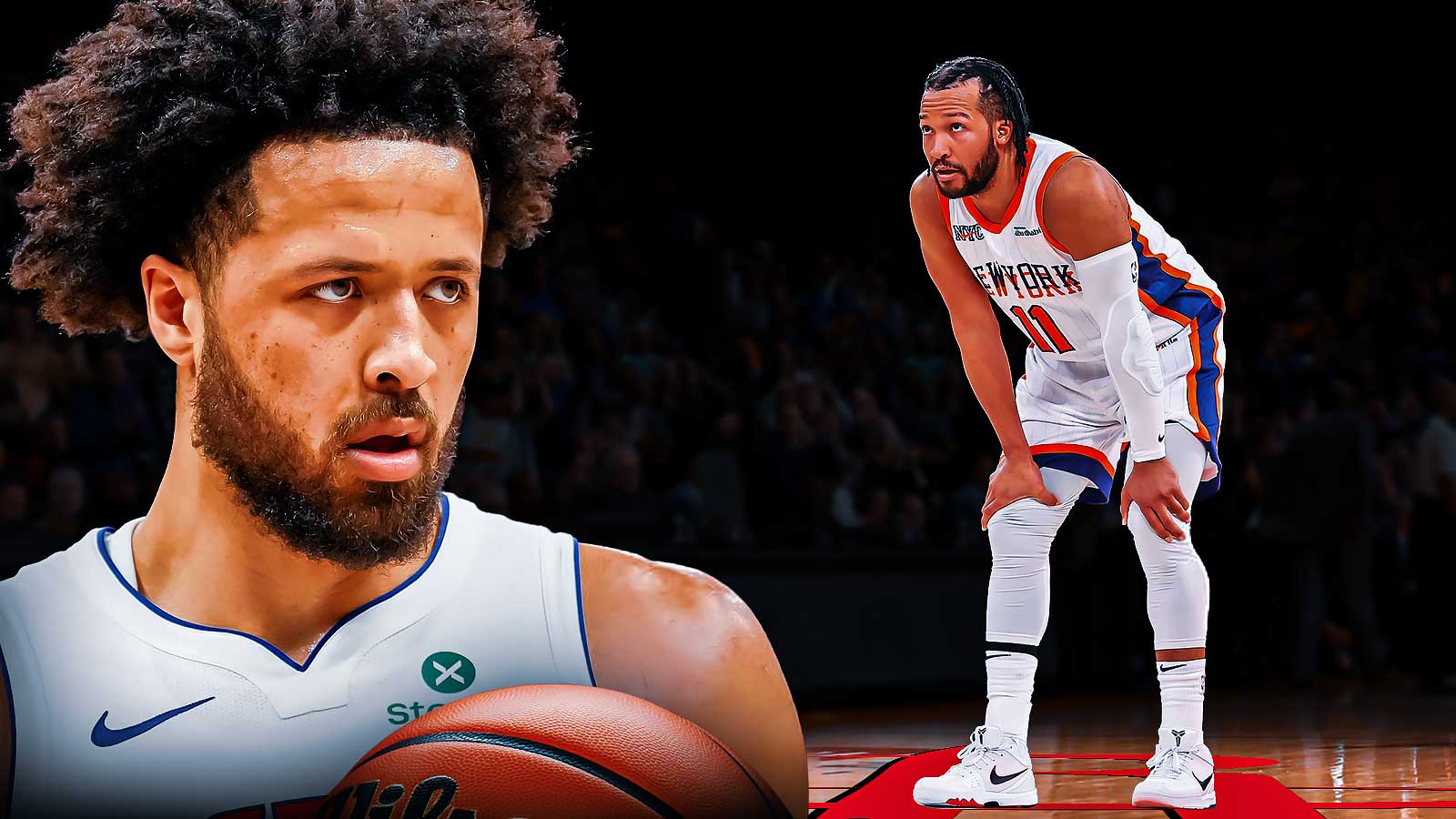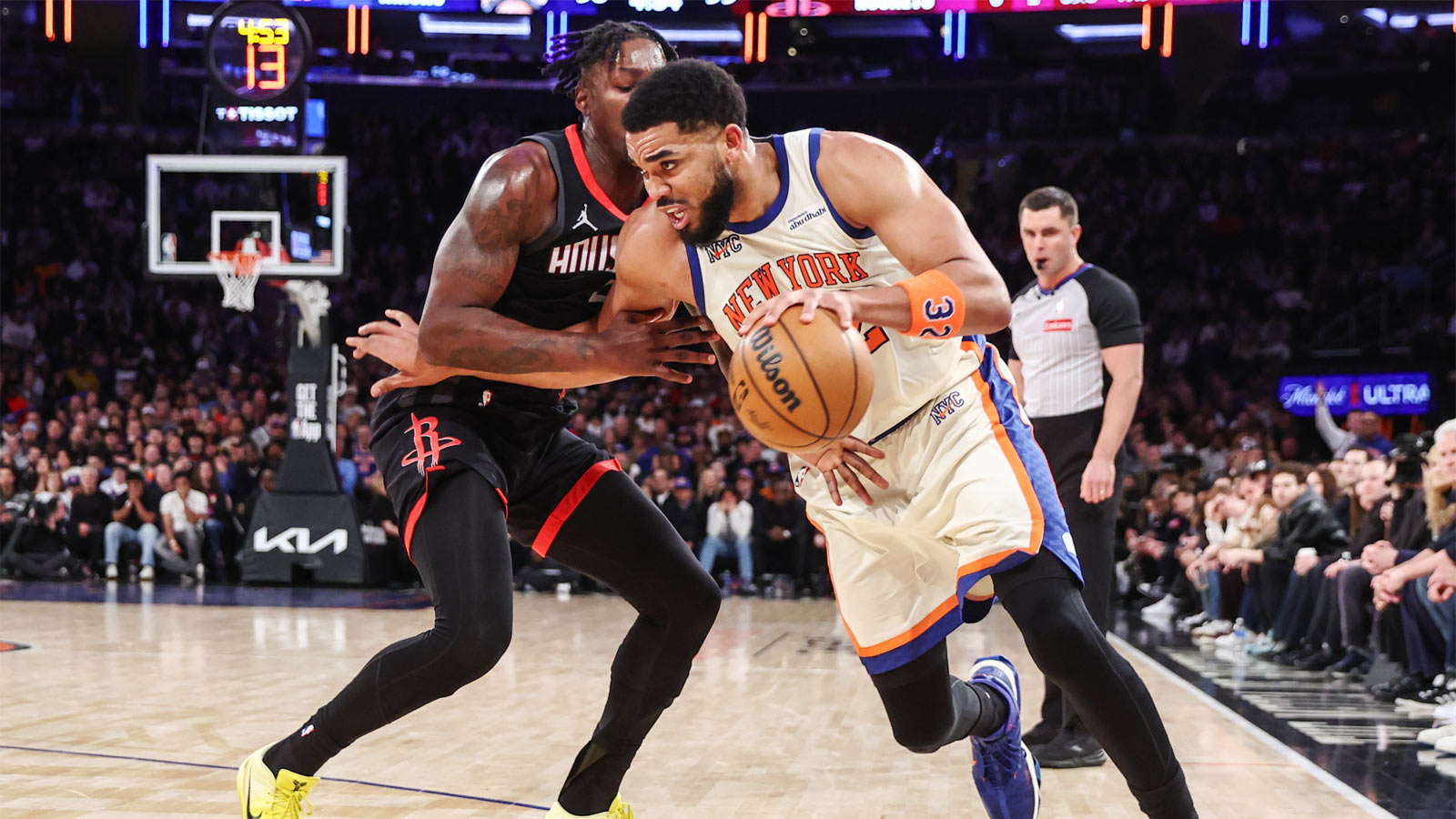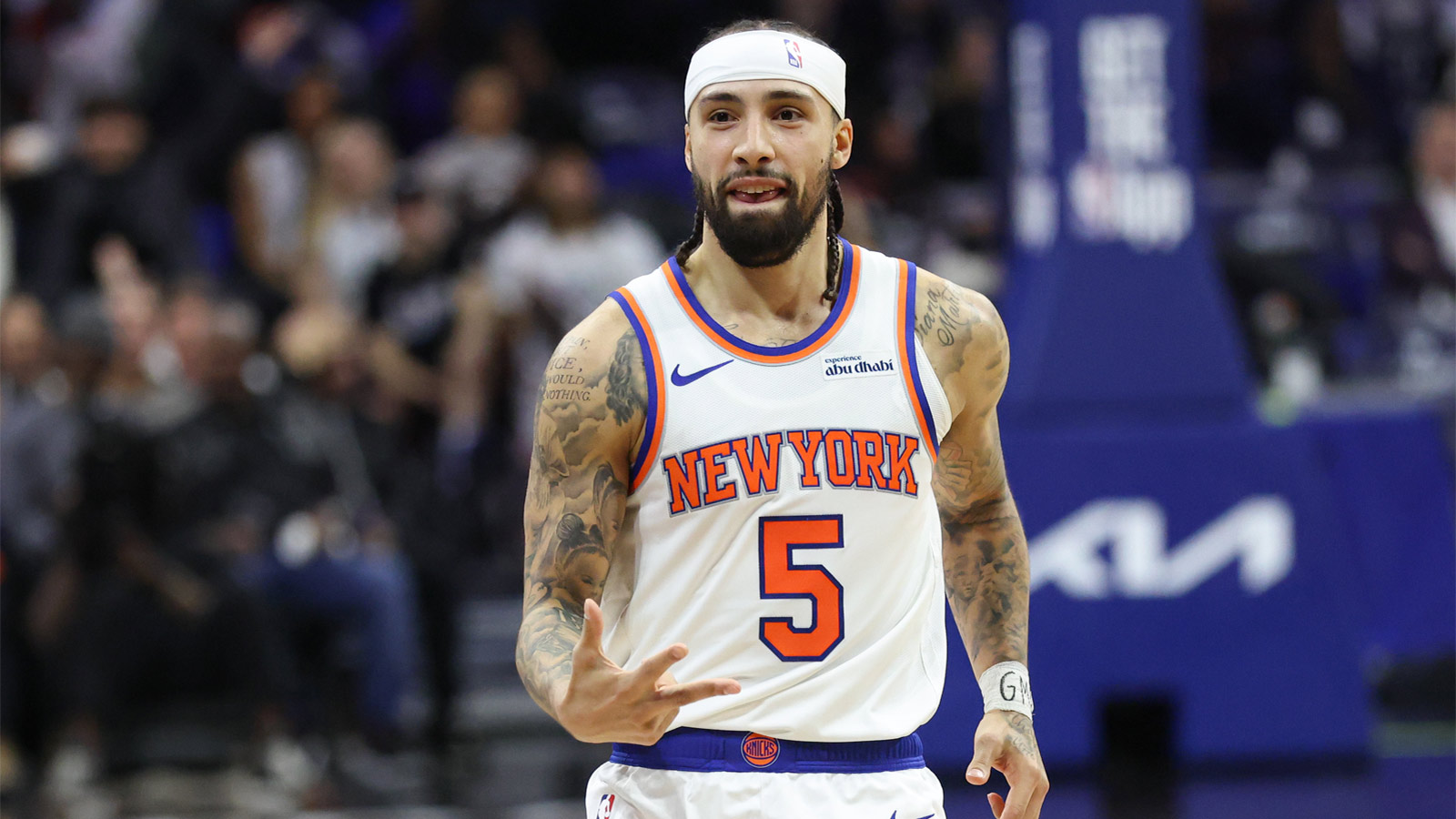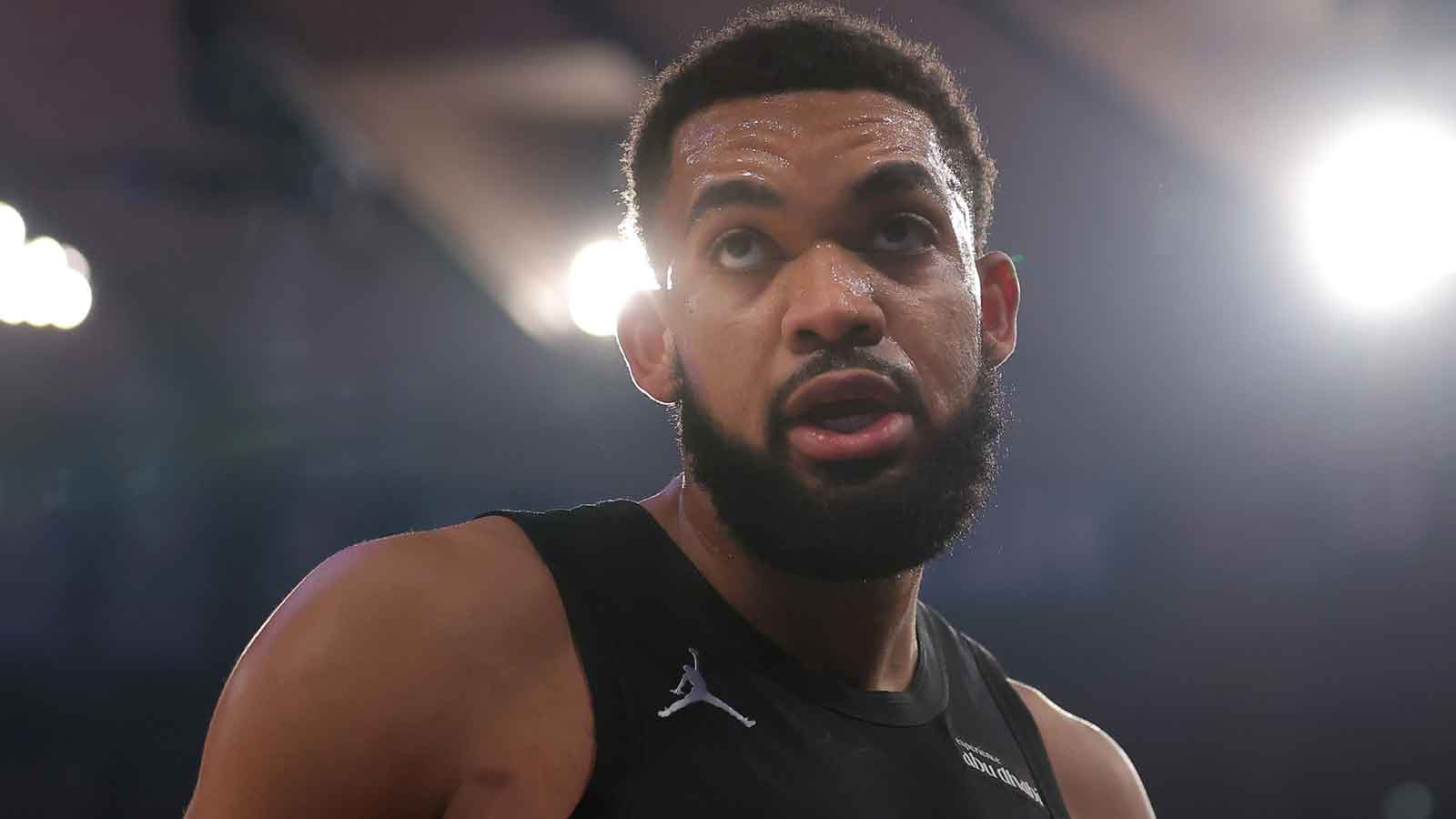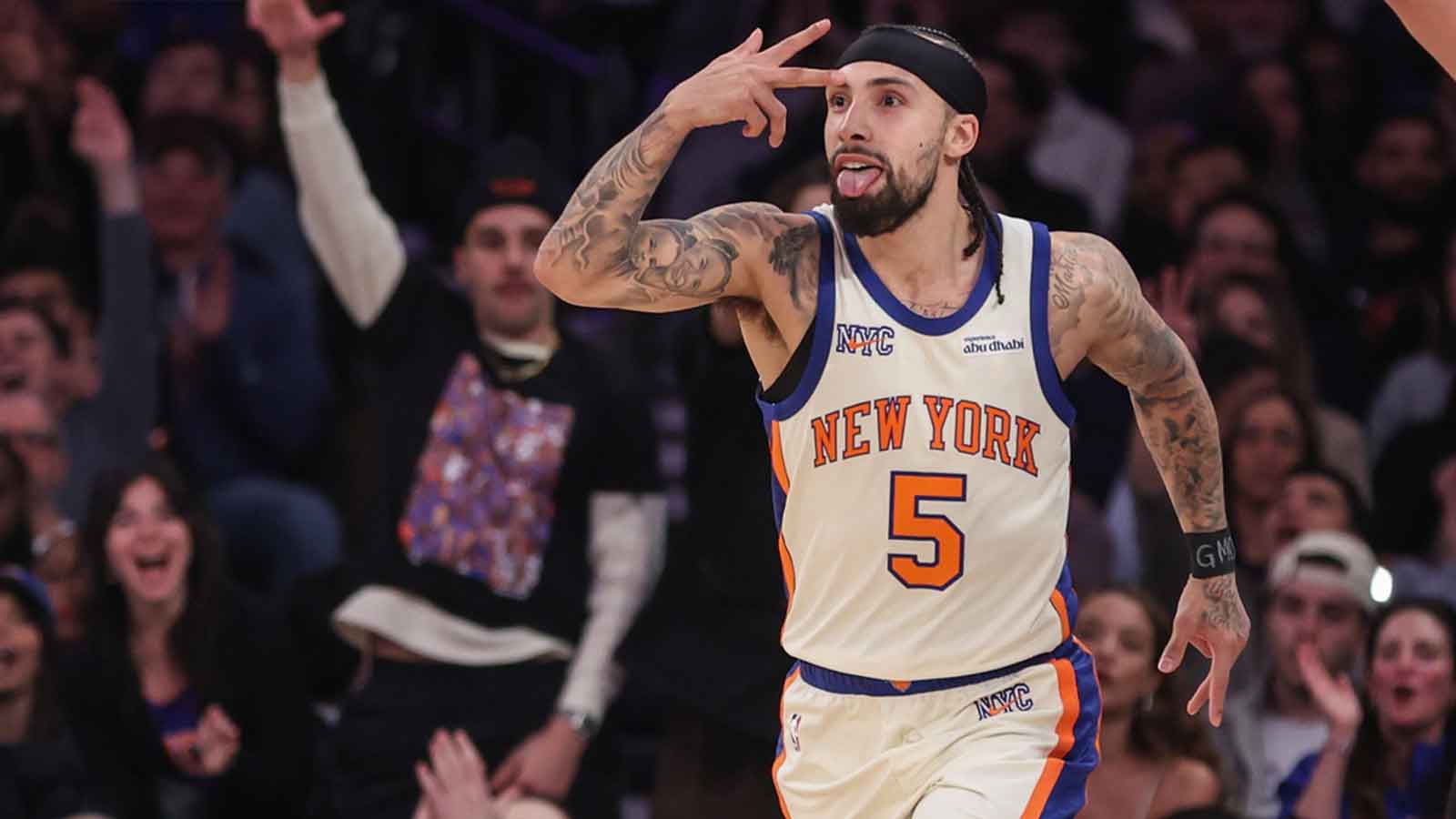With three draft picks and over $40 million in projected cap space, the possibilities are endless for the New York Knicks this offseason. At the same time, no matter the way they allocate those resources, the fate of the team's rebuild lies on the shoulders of its new coaching staff.
Tom Thibodeau is the new face patrolling the sidelines for the Knicks.
Thibodeau attempted to establish a defensive mentality in his previous two head-coaching gigs (Chicago Bulls and Minnesota Timberwolves), holding players accountable defensively. In Chicago, a handful of young players experienced steady growth including Jimmy Butler, Joakim Noah, and Taj Gibson.
Thibodeau is a coaching lifer; he has been a head coach or assistant in the NBA for 28 seasons, seven of which were spent on the Knicks bench as an assistant. He has also coached six playoff teams.
Kenny Payne, Mike Woodson, and Johnnie Bryant are some of the noteworthy individuals on Thibodeau's staff.
Payne comes to New York after 10 seasons with the Kentucky Wildcats on head coach John Calipari's bench. Over that time, the university produced a handful of prominent NBA big men including Anthony Davis, Karl-Anthony Towns, and Bam Adebayo. Payne coached Knicks forwards Kevin Knox and Julius Randle.
Perhaps he can get something more out of the two frontline players? Considering the track record Kentucky has with developing raw talent, it's not outlandish to think improvements from the two under Payne is feasible.
Woodson coached the Knicks from 2012-14, most notably calling the shots for the 54-win 2012-13 squad. With both the Knicks and Atlanta Hawks (Woodson coached the Hawks from 2004-10), Woodson was a defensive-minded coach, as his teams were built on playing well on that end of the floor.
Woodson is another NBA lifer; he has been a head coach or an assistant in the NBA for 22 seasons. Plus, he got a pair of teams to gel after a hectic season and got them to take the next step.
Bryant was either a player development assistant or an assistant coach for the Utah Jazz from 2012-20. The second half of his time in Salt Lake City is what stands out. After losing Gordon Hayward to free agency in 2017, the Jazz stuck to their guns, brought in players who fit their system, and remained a perennial playoff team while relying on young players like Donovan Mitchell and Rudy Gobert.
Across the last four years, those individuals and others became expanded versions of themselves, improving in all aspects of the game. Bryant was on the sidelines for that growth.
Everything the aforementioned coaches bring to the table come in handy with this Knicks roster, which is made up of predominantly young players.
The Knicks' roster is littered with young, talented players: RJ Barrett, Mitchell Robinson, Dennis Smith Jr., Kevin Knox, and Frank Ntilikina.
Barrett, the third overall selection in the 2019 NBA Draft, had a respectable rookie season. Averaging 14.3 points, five rebounds, and one steal per game, he showcased an ability to play in isolation and finish through contact. Albeit it wasn't a showy, groundbreaking campaign, Barrett gradually improved and was a competitive force on both ends of the floor.
Robinson has the modern-day skill set for an NBA center. He has a shot-blocking prowess, finishes off alley-oops with ease, and was more physical in the paint last season, where he averaged 9.7 points, seven rebounds, and two blocks per game while shooting an NBA-record 74.2 percent from the field. Robinson needs more playing time, which comes from staying out of foul trouble.
Smith is coming off the worst season of his career. He was stagnant off the dribble, inefficient from the field (he shot 34.1 percent from the field and 29.6 percent from beyond the arc), and found himself in the dog house, playing a career-low 15.8 minutes per game.
Knox had a yawning rookie season and fell victim to veteran players entering the team's rotation last season, playing just 17.9 minutes per game. Consequently, he was a limited threat on offense and showed minimal signs of improvement.
Ntilikina is a superb defender and has great court vision. The issue remains consistency off the dribble and being a reasonable threat from distance.
Four of these five players were lottery picks. Meanwhile, the player who wasn't a lottery pick (Robinson) could've been selected in that range had he played a full season of college ball. The talent is there with this team. The execution is not.
In the scenario they keep their own first-rounder in this year's NBA Draft (eight), the Knicks have two options: take a ball-dominant guard or a perimeter player. The guard would presumably run Thibodeau's offense, whereas the wing/forward would play in-between the premier youngsters, Barrett and Robinson.
Either route yielding positive results comes down to the organization's chronic weakness: player development. They have all these lottery players with compelling skill sets, yet they can't muster a competent season. In his 104 games on the job, former head coach David Fizdale got minimal, if any growth out of this team.
Barrett can score; Robinson plays well inside; Smith has some electricity in his arsenal; Knox is an athletic finisher; Ntilikina is a savvy player; Randle, who's still just 25, is one of the most productive big men in the NBA; whoever they draft will bring a compelling skill set to the table.
Thibodeau and friends need to get this roster playing as a collective whole, not as individuals. That means getting players in the right spots by means of skill sets complementing each other: floor spacing, a mix of isolation and perimeter scorers, a player or two who can bang inside, and team defense.
There are a bevy of rebuilding teams in the Eastern Conference who have their own version of a young core that enthuses them. The difference is some of them have a player who has grown into a reputable scorer. The Atlanta Hawks have Trae Young; the Chicago Bulls have Zach LaVine. The Knicks have a bunch of what-ifs. They need one or two of those what-ifs to become franchise pillars and the others to become rotation fixtures.
Anyone with working knowledge of the NBA is cognizant of the Knicks' struggles to lure high-profile players and the negative perception that surrounds owner James Dolan; citing those two factors as the reason for the team's dreary status in recent memory is like playing a broken record.
It stems down to an inability to develop young players, specifically ones they draft. Kristaps Porzingis was the lone exception, but, of course, he also demanded a trade, and the Knicks followed suit. At some point, continued mistakes with young players is the team's fault, not the fault of players.
Develop a culture of competitive basketball. Get young players on the right track. Focus on development, not a pipe dream. Following that chain leads to wins and playoff appearances.
Regardless of whether it was assembled for the right reasons or not (many of president Leon Rose's front office and coaching hires have involved people connected to Creative Artists Agency, Rose's old agency, such as Thibodeau, Woodson, Payne, and William Wesley), Thibodeau's coaching staff has a wealth of experience and a mix of old and new school philosophies.
It's up to Thibodeau and his coaching staff to develop this roster. Doing so gets the Knicks on the upswing. Failure to do so leads to more lottery selections.



